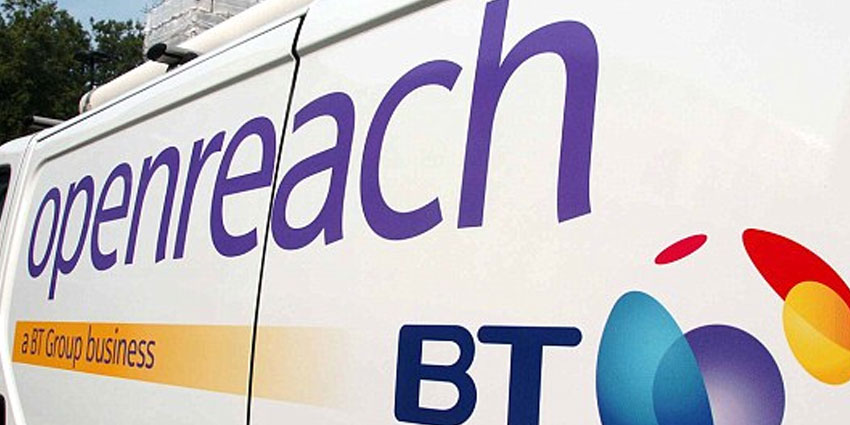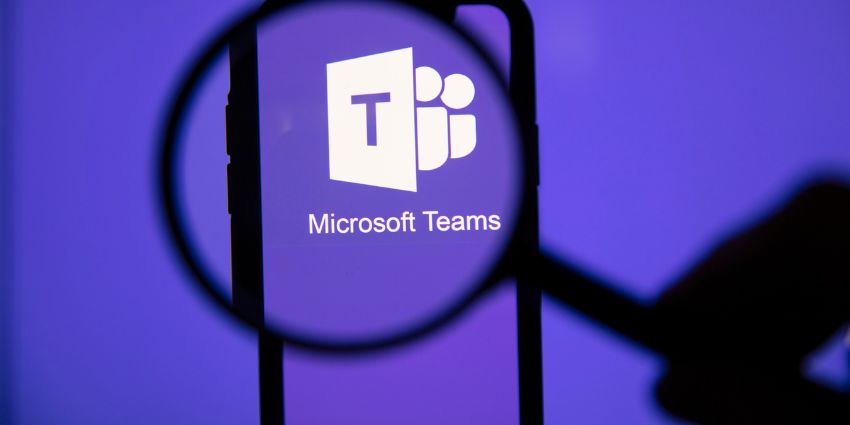Chancellor Philip Hammond’s announcement in his first Budget of a £200m investment in full fibre broadband pathfinder projects was widely welcomed as a step in the right direction for improving the UK’s connectivity.
However, just two days later a potentially even more significant announcement was made. BT, the national network carrier, has agreed to the legal separation of its infrastructure arm, Openreach, the part of the organisation responsible for maintaining and upgrading the fibre network.
The news should be welcomed by those who have long viewed the relationship between BT, one of
the UK’s major ISPs, and by far and away the country’s largest infrastructure operation as detrimental to national connectivity interests. The charge has always been than Openreach puts BT profits before connection speeds.
So now Openreach will exist as a separate entity – legally speaking, that is. Because Ofcom, the national regulator, stopped short of recommending a full structural separation of the two organisations. So yes, Openreach will operate with its own board, its own structures, its own governance, but it will also remain a wholly owned subsidiary of BT.
Broadband Commitments
Rivals such as Sky and TalkTalk have always said this does not go far enough. On the issue of improving the nation’s broadband infrastructure, there had been hopes that Ofcom would squeeze extra commitments out of Openreach as part of the deal. That does not seem to be the case.
The situation as it stands is that BT/Openreach has already committed to bringing 1GB Fibre-to-the-Premises (FTTP) broadband to two million premises by 2020 – hardly a full national roll out. It also expects to deliver 300mbps broadband to another 10 million properties in the same timeframe. They don’t appear to have changed with the separation deal.
In the meantime, the £1.7 billion Broadband Delivery UK project launched in 2013 goes on apace. As the major contract holder, Openreach can be expected to continue to lead the charge to deliver ‘superfast’ 24mbps broadband to 97 per cent of the UK population by 2020. It is already widely expected that the target of achieving 95 per cent coverage by the end of this year will slip over into 2018.
So where does this leave the government’s apparent readiness to put its money where its mouth is on FTTP? Some of the language used in announcing the new £200m fund is revealing. The budget talks about “bringing together local public sector customers, to create enough broadband demand to reduce the financial risk of building new full-fibre networks.” In other words, using public money to try to mitigate the risks to profit that have seen BT/Openreach remain cool on a full commitment to full fibre.
Alt-Net Role
The behemoth that is BT/Openreach might not see much value in leading the crusade for a pure fibre network, but there are plenty of smaller, local network providers that do see a profit incentive in delivering 1GB broadband. Their frustration is that Openreach continues to corner so much of the market, and the government is as guilty of anyone of letting that continue. In a statement released following the Budget announcement about leveraging public sector resources, FTTP provider Spectrum Internet said:
“We are frustrated that many public sector contracts for connectivity are being awarded to national providers rather than the “alt-net” community… we feel that this doesn’t encourage competition for infrastructure.”
This is something the chancellor appeared to recognise in his Autumn Statement last year, when he announced the creation of a £400m Digital Infrastructure Investment Fund aimed at giving alt-net companies improved access to finance to invest in FTTP infrastructure. This government commitment is to be matched by the private sector. With the £200m announced in the Budget, that brings planned investment to FTTP to £1 billion.
Falling Off the Pace?
It sounds impressive, but is it all just lip service? Compare that to the £40bn investment fund, extended to 2021, available to the likes of Openreach and Virgin to invest in 100mbps networks. It is still only expected to reach 60-70 per cent of the country by then.
Perhaps more poignantly, compare this week’s announcement from the German government of a new €100bn public and private investment partnership to roll out gigabit broadband nationwide by 2025.
Writing in Computer Weekly, analyst and former government advisor Ed Shaw said of the need to get up to speed with our broadband infrastructure:
“This is nation critical, this is industrial strategy, this is post-Brexit essential… Business enablement (communications, logistics, roads, rail, and a skilled national workforce) is vital to be successful outside the EU.”
The announcement of Germany’s plans on FTTP broadband suggests the UK’s own aspirations are nowhere near up to speed. The fear is that the continued dominance of Openreach over the broadband network, and the lack of appetite to do much about it, will leave the UK businesses lagging behind the rest of the world.







